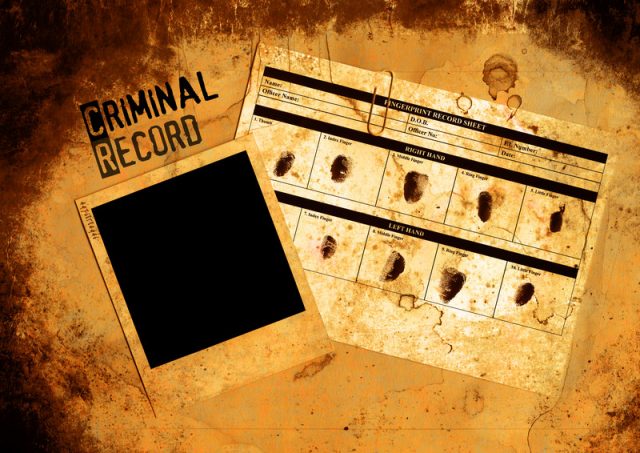First offenders of Virginia’s marijuana possession laws are often enticed by the Commonwealth’s deferred disposition program, referred to as the the “251 program”. Under the 251 first offender program, successful participants have the marijuana charge dismissed, which obviously is a significant improvement than a guilty conviction which will follow you for the rest of your lives. However, a 251 deferred disposition is not always the proper course of action. An experienced marijuana defense attorney can help examine your case and determine whether you should pursue a 251 disposition or whether it makes more sense to plead not guilty and defend yourself at trial.
What is a 251 Deferred Disposition?
In Virginia, a defendant facing a first marijuana offense is entitled to a dismissal upon completion of probation, at the discretion of the courts. This first offender diversion program is known locally as the “251 dismissal” or at the marijuana diversion program.
251 first offender Fairfax Virginia
A 251 dismissal, however, is not as simple as just walking into court and agreeing to be on your best behavior. There are a number of conditions of a 251 disposition, including:
- There will be a mandatory period of supervised probation (generally 12 months)
- As a condition of this probation, there will be routine drug testing
- Your drivers license will be suspended for at least 6 months
- You must complete the Virginia Alcohol Safety Action Program (VASAP), and pay the costs associated with the program (which generally run about $300)
- You must complete court ordered community service (at least 24 hours, but potentially up to 100 hours)
If you fail any of these conditions, the 251 diversion program will be revoked and the defendant will be summoned back to court for open sentencing by the judge. In many cases, the sentencing handing out follow a failed 251 diversion are considerably stiffer than the sentencing that could have been worked out in during initial plea negotiations between an attorney and the prosecutor. Consequently, it is very important that you only accept a 251 deferred disposition if you are confident that you will not be committing any additional offenses and will be able to complete the additional requirements during the probationary period.
Don’t Feel Pressured to Plead!
For first offenders, a 251 diversion pleading may not sound like a bad option. And, in many cases, it’s not. But don’t settle for that right out of the gates. Have your case examined by experienced marijuana defense attorneys first to determine whether a diversion pleading is the proper course of action. It’s always better to have a nolle prosequi or not guilty on your record than a dismissed due to 251 diversion pleading.
















































